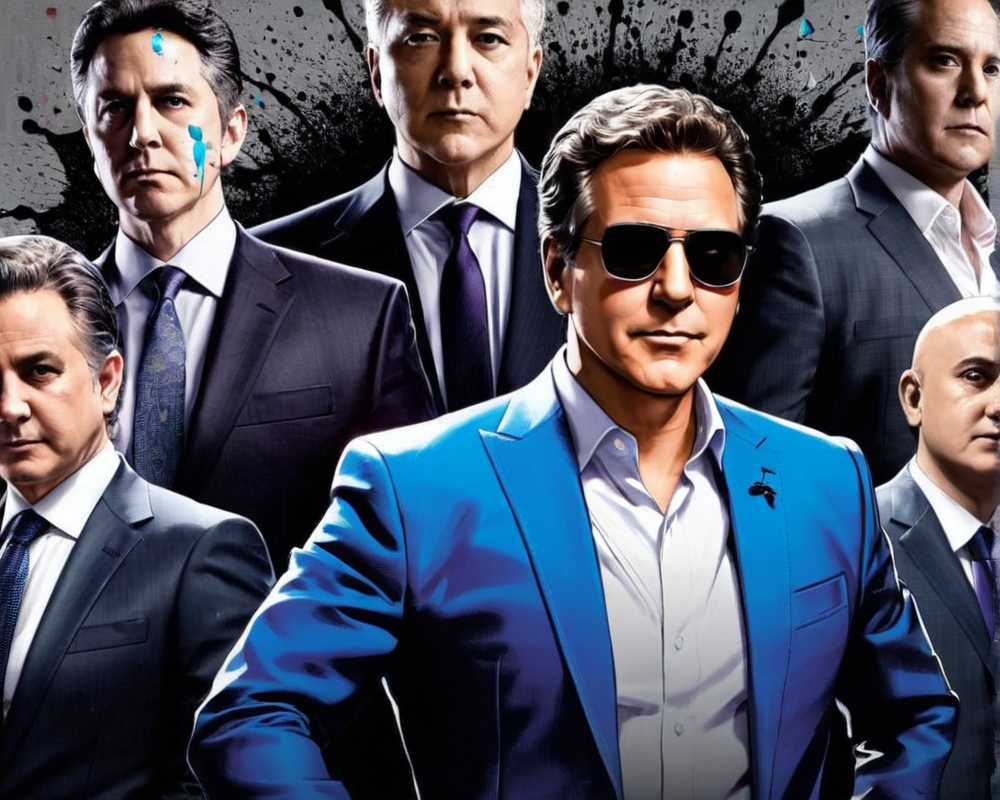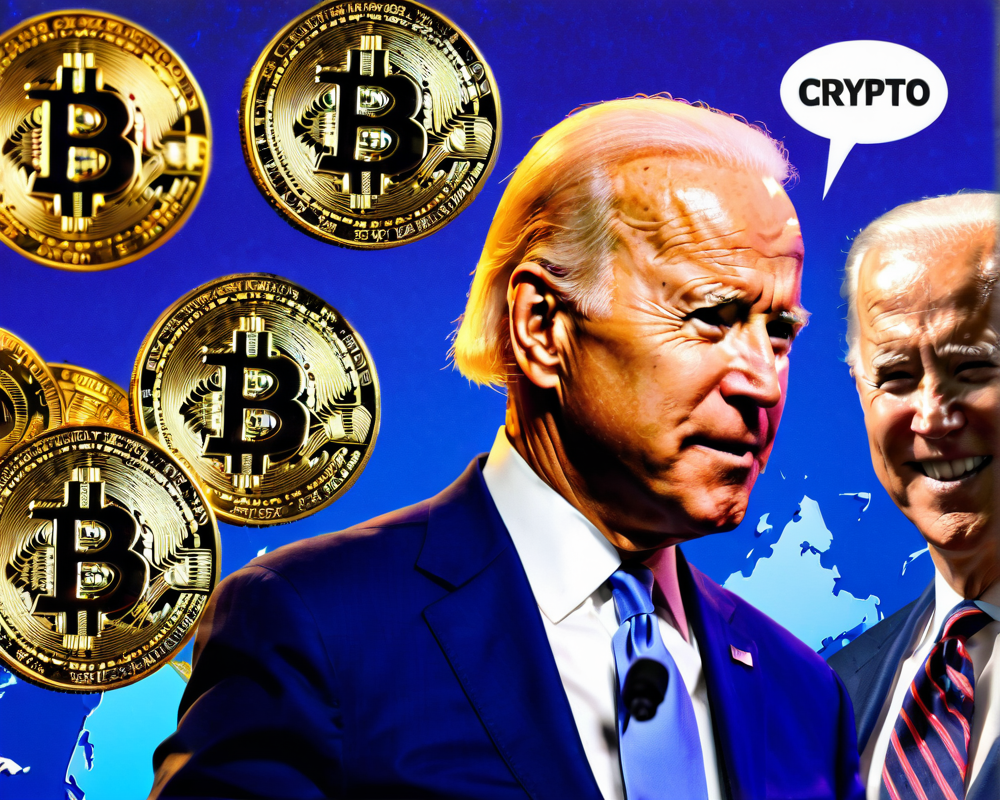The PayPal Mafia’s Outcry
In recent developments, former leaders of PayPal, affectionately dubbed the “PayPal Mafia,” have been vocal about their discontent with the company’s questionable debanking practices. Key figures like Peter Thiel and David Sacks have publicly criticized PayPal for what they see as a departure from its core mission—empowering users financially.
Thiel’s Totalitarian Analogy
Peter Thiel, the co-founder who helmed PayPal from 1998 to 2002, characterized the freezing of user funds as “totalitarian.” Who knew PayPal would be the new face of dystopia? He expressed concern about how this could strip people of their economic agency, effectively gagging their political voice. “If the online forms of your money are frozen, that’s like destroying people economically,” he mused, adding that it’s pretty hard to argue against the point once you hear it.
Sacks Takes Aim at Current Leadership
David Sacks, the company’s first chief operating officer, didn’t hold back either. He accused current PayPal CEO Dan Schulman of promoting a “woke agenda” and banning users who oppose these views. Sacks sarcastically pointed out Schulman’s collection of woke awards, suggesting that they come at the cost of user freedoms. Clearly, he believes that PayPal has traded its original ideals for social brownie points.
Notable Deplatforming Incidents
The PayPal Mafia could probably write a novella on deplatforming incidents. Notable shutdowns include accounts associated with Freedom Phone, a censorship-resisting startup, and publications like Consortium News and The Daily Sceptic, which lean towards alternative narratives. So, if you lean right politically, you might want to check your balance before tweeting!
Response from Tech Titans
Even Elon Musk couldn’t resist chiming in, likening the platform’s recent actions to an episode of the hit show Black Mirror. It seems the tech mogul is seeing reality unfold in the most ironic ways. Crypto enthusiasts, meanwhile, are rallying behind the idea that Bitcoin could be the answer to these ever-growing issues of financial censorship. “Banks may freeze accounts, but Bitcoin is here to take your money out for pizza on Friday night, with no questions asked,” they say.
Fines and Backtracking
Adding to the drama, in October, PayPal stirred the pot by introducing fines of up to $2,500 for users accused of spreading “misinformation.” This policy was met with widespread backlash, leading to a hasty retreat by the company, claiming it was an “internal error.” However, rumors suggest that the fine print might still include some sneaky clauses about misinformation, leaving users with that nagging feeling that they’re being watched.



